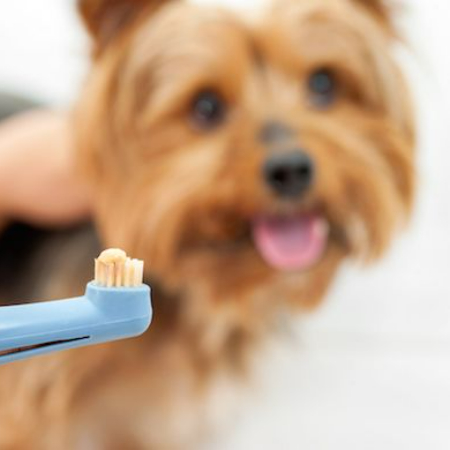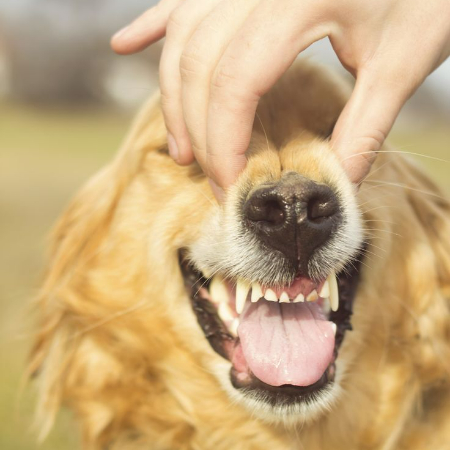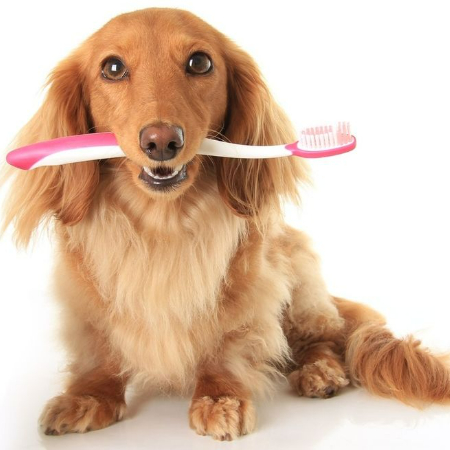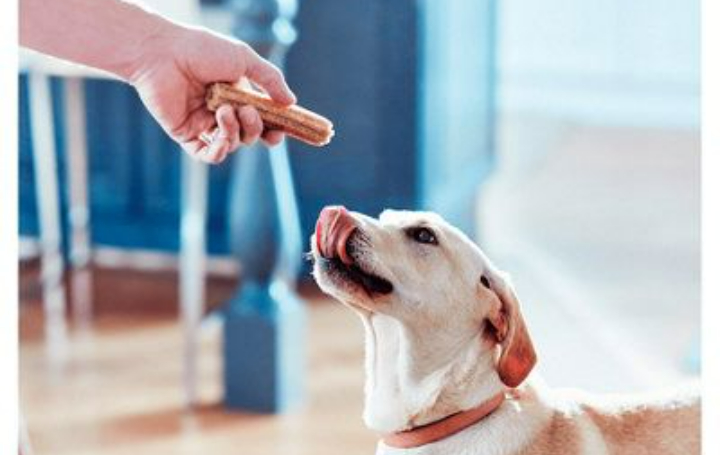Canine Dental Care: Tips for Maintaining Your Dog’s Oral Health
Hi there, dog lovers! Everyone wants to see their pet pals happy and healthy, and that includes seeing their beautiful whites! Dogs, like humans, require regular dental treatment to maintain healthy teeth and gums.
The scene would undoubtedly be as hectic as a backyard squirrel party if your dog could clean their own teeth! But fear not you do not have to teach your dog to brush. You can maintain your dog’s bright smile with a few easy techniques and tricks.
Why Dental Care Matters
Let’s start by discussing why dental care is important for canines. Like people, dogs may get dental issues. On their teeth, plaque and tartar can accumulate and cause gum disease, foul breath, and even tooth loss. It’s critical for your dog’s general health to have a healthy mouth. It would be unpleasant, I think, to experience a toothache each time you nibbled on your favorite pleasure. Your dog is in the same boat!
1. Brush, Brush, Brush
You heard correctly: cleaning your dog’s teeth is the most important oral hygiene practice. Although it seems difficult, it can be an enjoyable way for families to spend time together if you have the necessary resources and a little patience. To fit your dog’s mouth, use a toothbrush made especially for dogs.
They are available in various sizes and forms. Additionally, don’t forget to acquire toothpaste that is safe for dogs. Certain chemicals in human toothpaste may cause an upset stomach in your dog.

Allow your dog some time to become accustomed to the toothbrush and toothpaste. Allow them to lick a small amount of toothpaste, then gently use a circular motion to brush their teeth. If your dog is truly not interested in being brushed, begin slowly and increase the time over time.
2. Dental Chews and Toys
An excellent chew toy is loved by all. Fortunately, dental chews and toys not only provide pleasure but also aid in teeth cleaning for your dog. These chews are intended to lessen the accumulation of tartar and plaque.
Choose those that are designed with dental health in mind. They come in a range of forms and textures, from chewy rubber toys to delicious candies.
Make sure the dental chews you choose are suitable for the size and chewing habits of your dog. Recall that chew toys are an adjunct to your dog’s dental regimen; they do not take the place of brushing.
3. Regular Vet Check-ups
It is recommended that your dog has routine dental exams from the veterinarian, much like humans do. Should expert cleanings be required, your veterinarian is able to identify early indicators of dental problems.

A dental X-ray to look for underlying issues beneath the gum line may be recommended by your veterinarian during these appointments.
A veterinarian visit is advised if your dog starts to smell particularly bad or if they are having problems eating. It’s important to have oral concerns examined since they might occasionally indicate underlying health issues.
4. Healthy Diet for Healthy Teeth
It may surprise you to hear that your dog’s diet has an impact on their dental health. A balanced diet that includes premium dog food will help maintain your dog’s gums and teeth in good condition. By lowering the accumulation of plaque and tartar, several dog meals are designed with dental health in mind.
Steer clear of feeding your dog human food or sweet snacks as they might aggravate dental issues. Select sweets that are intended to promote dental health instead. Consult your veterinarian for advice on the ideal diet for your dog if you’re not sure.
5. Water Additives
Should your dog dislike brushing, you may wish to consider using water additives. You can freshen your dog’s breath and lower bacteria in their water bowl by adding these liquids. They provide simple, low-effort dental health support for your dog.
Make sure the water additives you use are designed with dogs in mind. As usual, consult your veterinarian before starting your dog on any new products.
6. Watch for Warning Signs
Watching your dog’s dental health is important since there are warning indications that can point to tooth issues. If your dog has chronic foul breath, red or inflamed gums, trouble chewing or eating, or loose or missing teeth, take note.
These signs may be early warning signs of tooth problems that require care from a dentist. Make an appointment with your veterinarian as soon as possible if you observe any of these symptoms. In order to keep your pet happy and healthy, early detection and treatment can help avoid more serious problems.
7. DIY Dental Care

It is possible to occasionally add enjoyment to your dog’s dental visitation. Consider introducing dental toys and rewards into playtime to promote oral health. To maintain your dog’s gums healthy, you can also give them a light massage. Just remember to be careful and use clean hands.
Conclusion
Although it may seem like a major job, you can incorporate regular dental care for your dog into your routine by following a few easy steps. Your pet can have a bright, joyful smile if you brush their teeth, give them dental chews and toys, schedule routine veterinary checkups, offer them a nutritious diet, and use water additives.
Keep in mind that you are your dog’s primary source of happiness and wellness. By using these suggestions, you’ll make sure their gums and teeth are healthy and that they’re always prepared to smile so cutely.
Many more bright grins and wagging tails are in store!
Doglime for more dog-related information.










